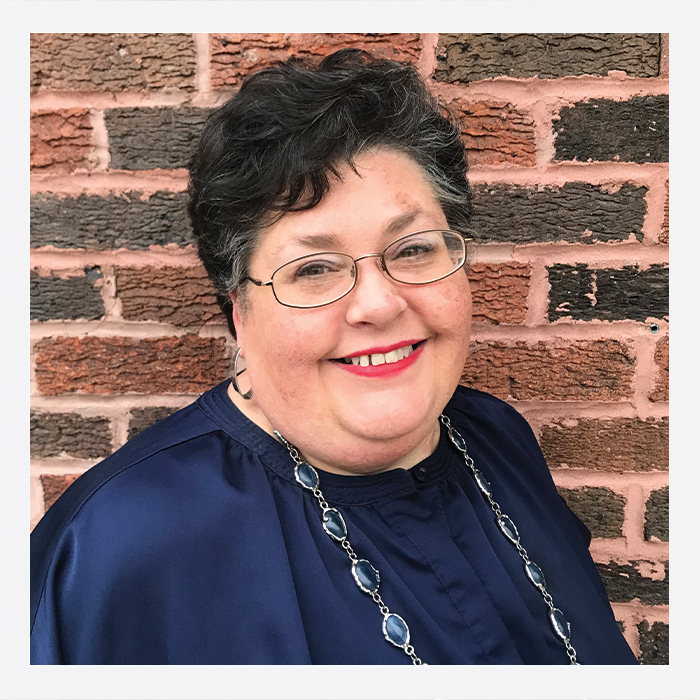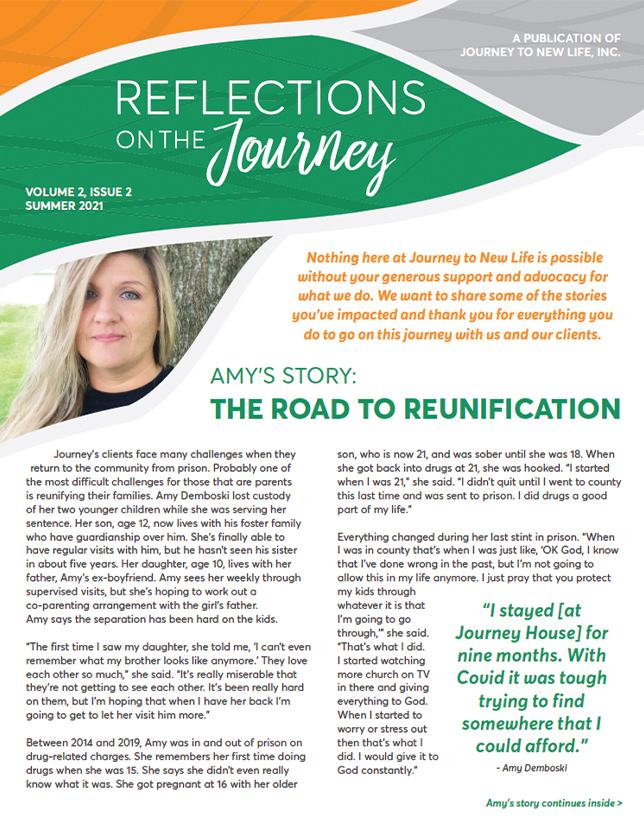
 Addiction comes in many forms. For Anita Mordue, her drug was money. “I never felt like I was enough,” she said. “There are so many things I cared about before. It was about how people saw me. It was greed and insecurity. I wanted money to be able to rent a bigger house, have a better car, spend money on vacations, take friends out to dinner and drinks. Stuff that just never mattered.”
Addiction comes in many forms. For Anita Mordue, her drug was money. “I never felt like I was enough,” she said. “There are so many things I cared about before. It was about how people saw me. It was greed and insecurity. I wanted money to be able to rent a bigger house, have a better car, spend money on vacations, take friends out to dinner and drinks. Stuff that just never mattered.”
It ended up costing her a lot. At 51, she was arrested and incarcerated for embezzlement. It was the second time she’d been caught. While she makes no excuses and takes full responsibility for her actions, she describes her state of mind leading up to those moments as feeling constant pressure to give her son the same kind of lifestyle that his wealthier father and stepmother could.
“I remember fixing lunch for him. I used to buy peaches and mandarin oranges at Aldi,” she said. “I had bought some containers so I could put that food in his lunch. His dad and stepmom always bought prepackaged, and I remember him asking me why I did it the way I did it, and it’s because we don’t have the same food budget they have. I vividly remember that being a thing for me. I was embarrassed in front of my son that I couldn’t buy his lunch food the same way his dad could.”
It took her time in incarceration to realize that her son never cared about those things. “I thought I had to do the things for him that his father was able to do. It took all of this to learn that that’s not what he cared about at all,” she said. “He cared that I was his mom. He cared that I was kind to our neighbors.”
Unfortunately for Anita, the events drove a wedge between her and her son, and he hasn’t wanted to have a relationship with her since her arrest. It’s evident that this and the impact of her actions on her victim deeply trouble her. “I’m going to be 56, and I feel like I just got started being the person God designed me to be,” she said, struggling to hold back emotion. “My only regrets in all of this is the life I devastated with my employer and the relationship I don’t have with my son.”
[Journey to New Life showed me] a kindness that I truly had never experienced before in my life.
Anita remains hopeful that she can mend some of the damage done by taking care of her restitution and remaining open to a relationship with her son if he’s ever ready. She says she’s learned so much from her incarceration experience, and particularly, from Journey to New Life afterward. She moved in to Journey House in September 2017, and she says she didn’t want to leave.
She was scared of life on her own. Journey House made her feel safe and cared for. “I didn’t have a home plan because I didn’t have any family or friends who either could, or would, take me in so I was literally at the mercy of any program that would take me,” she said. “I vividly remember when the prison bus pulled up, and we got out the day we were released. We were standing there, and Sister Rose — God bless that woman, she’s so sweet. I just adore her. — Sister Rose pulled up in her little blue car.”
For Anita, the next 90 days at Journey House showed her what she recounts as “a kindness that I truly had never experienced in my life before. It was just almost indescribable. It’s an unconditional love that I literally had never known before.”
Today, Anita loves her job at a local produce company, and she gets excited about her 401K and planning for her future. She says something that was really transformative for her was when she read something a few years ago that suggested that, if you’re not planning
for your future, it’s because you don’t think you have one. “So what’s so funny now is that the things that thrill me right now is when I’m offered overtime,” she said. “I get excited about the money that’s going into my 401K, not the money that I’m going to bring home and how I’m going to spend it on something.”
Her dream is to one day be able to provide haircuts for women when they get out of prison so they have confidence to face the challenges ahead of them.

